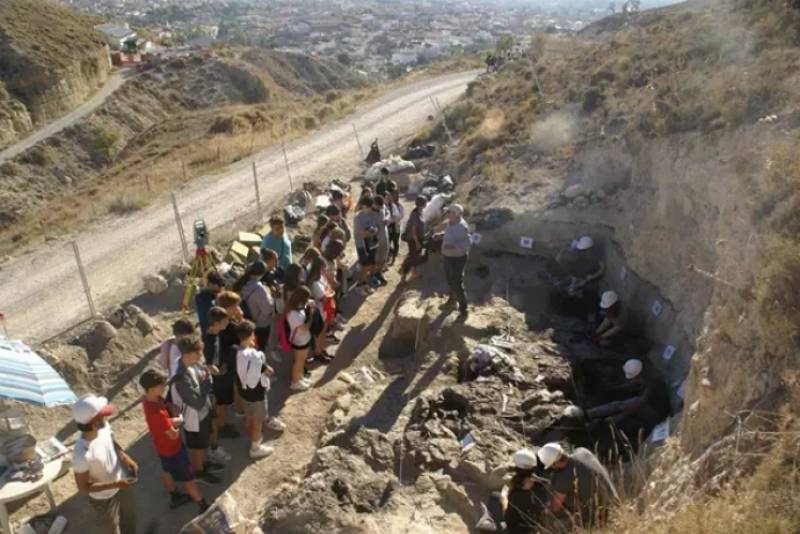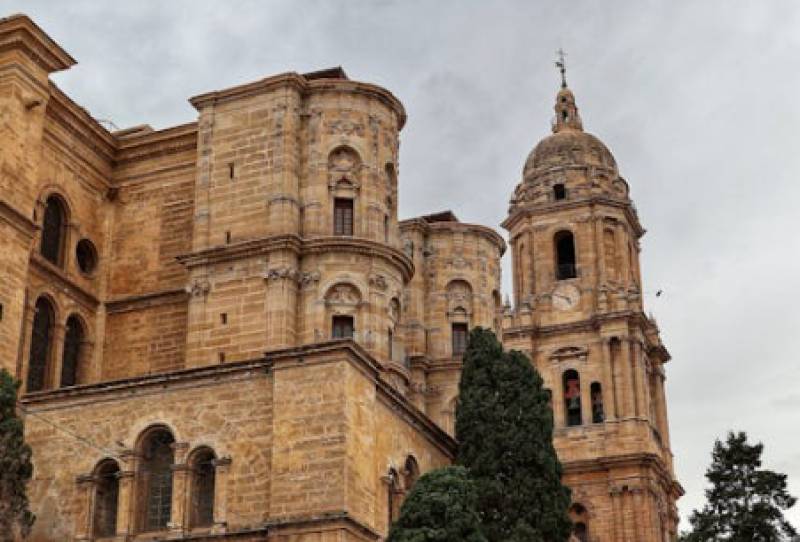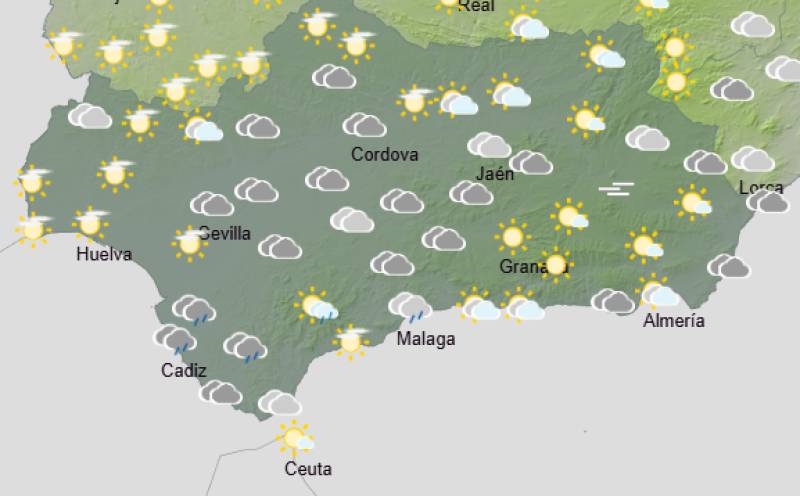

- EDITIONS:
 Spanish News Today
Spanish News Today
 Murcia Today
Murcia Today
 Alicante Today
Alicante Today
article_detail
Date Published: 10/10/2023
Remains of last crocodile in Europe discovered in Granada
Thousands of fossils from the Pliocene area have been discovered at the tiny Andalucia dig site

A three-week long palaeontological excavation at the Baza-1 site in Granada has produced some extraordinary findings, not least of which is a 4.5-million-year-old tooth believed to have belonged to the last living crocodile in Europe.
The dig site, which is located in the area known as Barranco de las Seguidillas-Cuesta del Francés in the north of the province, was a rich environment for both large and small vertebrates during the Pliocene era. Baza-1 was originally discovered in 1996 but it wasn’t until 2000 that systematic excavation work resumed.
During all this time, more than 2,000 fossils have been recovered in an area no larger than 30 square meters. The latest body of work ran between September 19 and October 8 and has resulted in the discovery of the fossils of more than 500 large mammals, including two ancient species of three-toed horses.
But the crowning jewel must be the crocodile tooth, which is excellently preserved and the first ever to be found in the area. Indeed, its the only one from this time period located in Europe.
"This is a species of crocodile of African origin that arrived in the Iberian Peninsula crossing an arm of the sea just before the Mediterranean dried up during the Messinian Salinity Crisis, just over six million years ago," Dr. Bienvenido Martínez Navarro, ICREA researcher at IPHES-CERCA and co-director of the excavation, explained.
"It is most likely the last crocodile in Europe."
This entire set of recovered palaeontological remains will allow the research team to reconstruct the Pliocene environment, which was characterised by a tropical or subtropical climate of high temperatures and abundant rainfall.
All of this evidence indicates the existence of an ecosystem dominated by the presence of large forests and vast open spaces where herbivores such as three-toed horses, the hippariones, grazed.
In other news: Spanish space rocket lost in the Atlantic
Image: IPHES-CERCA
staff.inc.and
Loading
See more news about animals in Spain:
OR
Sign up for the Spanish News Today Editors Roundup Weekly Bulletin to get a comprehensive email with all the week’s news for Spain, Murcia, Alicante and Andalucía.
Get a sneak peek – here are a few of our recent Subscription Bulletins:
Discount Special Offer subscription:
36.95€ for 48 Editor’s Weekly News Roundup bulletins!
Please CLICK THE BUTTON to subscribe.
Contact Murcia Today: Editorial 000 000 000 /
Office 000 000 000




















